Bombay High Court's Judgement on PoSH Act Needs a Review
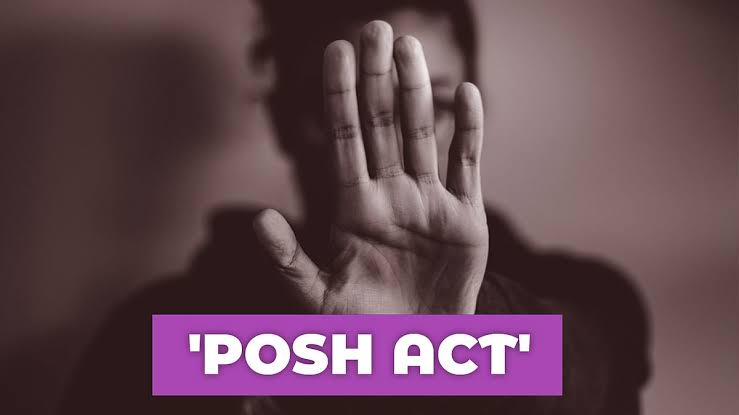
The Bombay High Court's judgment in UNS Women Legal Association v. Bar Council of India (2025) has indeed sparked significant discussion regarding gender inclusivity and neutrality in the legal profession. The core of the judgment, which held that the Sexual Harassment of Women at Workplace (Prevention, Prohibition and Redressal) Act, 2013 (POSH Act) does not apply to complaints of sexual harassment by women advocates against their male counterparts due to the absence of an employer-employee relationship with Bar Councils, has drawn considerable criticism.
Here's a breakdown of the key aspects and why it's being called for a thorough review.
As someone who has spent years engaging with the Sexual Harassment of Women at Workplace (Prevention, Prohibition and Redressal) Act, 2013—as a legal professional, trainer, and author, I am deeply concerned by the Bombay High Court’s recent ruling in UNS Women Legal Association v. Bar Council of India (2025).
The Court has held that women advocates cannot seek protection under the PoSH Act for harassment by fellow advocates, since there is "no employer–employee" relationship between them and the Bar Council. This technical reasoning, while legally precise, reflects a narrow reading of a socially progressive law.
Why the Exclusion of Women Advocates Is Problematic?
Here are certain legal points that goes against the very spirit of the landmark PoSh Act:
1. The PoSH Act covers volunteers and visitors—individuals who are neither paid employees nor formal appointees. Section 2(f) defines "aggrieved woman" broadly to include anyone "irrespective of whether the harasser is in a direct hierarchical relationship." So why draw a hard line excluding advocates from its protection?
2. Courts have previously expanded PoSH scope: Interns, contractual workers, visiting researchers, and even daily wage earners have been found to be protected by the Act. By contrast, advocates—key participants in the justice system—are now left without a dedicated grievance redressal mechanism under PoSH.
3. Bar Councils may not be ‘employers’ in the traditional sense, but they are the only regulatory bodies empowered to discipline advocates. If not them, then who provides a safe space for redress?
4. Section 35 of the Advocates Act is not a substitute for a survivor-centric, time-bound, gender-sensitive inquiry under PoSH. It lacks:
Mandatory female or external representation
Survivor protections such as interim reliefs
Confidentiality safeguards
5. The decision sends a disturbing message: that women in the legal profession must continue to work in environments where sexual harassment can go unaddressed in the absence of a PoSH-like mechanism.
We must rethink our approach. As lawyers and enablers, we advocate for the spirit of the law, not merely the letter. And the spirit of the PoSH Act is inclusion, protection, and safe workplaces—for all women, including those who argue before courts and defend the Constitution.
If the judiciary feels constrained by current definitions, then it’s time to amend the Advocates Act or the PoSH Act to provide a dedicated redressal framework for the legal fraternity. Justice must be safe for those who seek to serve it.
The Court's primary rationale is that the POSH Act is designed for employer-employee relationships. Since advocates are not "employees" of the Bar Council of India (BCI) or State Bar Councils (like the Bar Council of Maharashtra and Goa), the Act's provisions, including the mandate for Internal Complaints Committees (ICCs), do not extend to them.
This interpretation essentially leaves a significant gap in protection for women advocates who face sexual harassment from fellow lawyers within the professional sphere, which is arguably a "workplace" in a broader sense.
While the judgment clarifies that the POSH Act does apply to the actual employees of the Bar Councils, it excludes the vast majority of practising advocates from its purview.
Reliance on the Advocates Act
The Court stated that remedies for professional misconduct, including harassment, are available under Section 35 of the Advocates Act, 1961.
Critics argue that relying solely on the Advocates Act, which deals with professional misconduct in a broader sense and has a more disciplinary focus, is insufficient. The POSH Act was specifically enacted to address sexual harassment with a victim-centric approach, focusing on prevention, prohibition, and redressal through a dedicated mechanism. The Advocates Act's mechanisms are often seen as less equipped to handle the sensitive and nuanced nature of sexual harassment complaints, potentially lacking the specialised training and gender-sensitive procedures inherent in POSH.
Implications for Gender Inclusivity in the Legal Profession
* Reduced Protection: The judgment deprives women advocates of the specific and robust framework offered by the POSH Act for addressing sexual harassment, potentially making it harder for them to seek redressal and deterring them from reporting such incidents.
* Chilling Effect: It could create a chilling effect, making women advocates hesitant to speak out against harassment due to the perceived lack of a dedicated and effective redressal mechanism.
* Reinforcing Patriarchy: Critics argue that this judgment, by narrowing the definition of "workplace" and "employee," inadvertently reinforces patriarchal structures within the legal profession, where informal power dynamics and lack of accountability can perpetuate harassment.
* Barriers to Participation: Such a legal landscape can become a significant barrier for women entering and thriving in the legal profession, especially in litigation, where interactions with male counterparts are frequent.
Call for Review and Potential Solutions
There is a strong call from women's legal associations and gender rights advocates for a thorough review of this judgment. The demand is to interpret "workplace" and "employee" more broadly, or to devise alternative, equally effective mechanisms that provide the same level of protection as the POSH Act for women advocates.
Legislative Amendments
Amending the POSH Act or the Advocates Act to explicitly include the legal profession within the ambit of sexual harassment laws, perhaps by defining "workplace" to encompass professional interactions among advocates, and by creating specific provisions for redressal.
Specialised Committees under Bar Councils
Mandating Bar Councils to establish specialised, gender-sensitive committees, independent of traditional disciplinary committees, specifically to handle sexual harassment complaints from advocates, with a clear and transparent process.
Supreme Court Intervention
Given the widespread concern, there's a popular call for the issue to be taken up by the Supreme Court, which could provide a more expansive interpretation or issue guidelines to ensure adequate protection for women lawyers.
The broader conversation also highlights the need for greater representation of women in leadership positions within Bar Councils and associations, as their presence is crucial for shaping inclusive policies and ensuring effective redressal mechanisms.
In essence, the UNS Women Legal Association v. Bar Council of India (2025) judgment, while legally sound in its narrow interpretation of the POSH Act, is perceived by many as a setback for gender inclusivity in the legal profession due to its practical implications for women advocates facing sexual harassment. The call for review aims to bridge this protection gap and ensure a safer and more equitable environment for all legal professionals.
(Author is a practising lawyer, activist and author of “Breaking the Silence: A Handbook on the PoSH Act”. Views are personal.)

 2 weeks, 5 days ago
2 weeks, 5 days ago
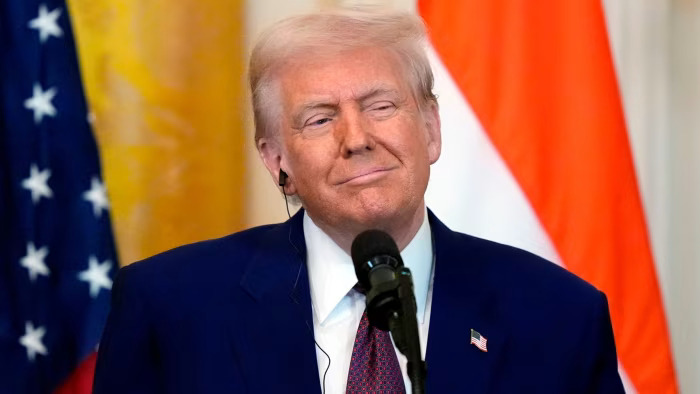
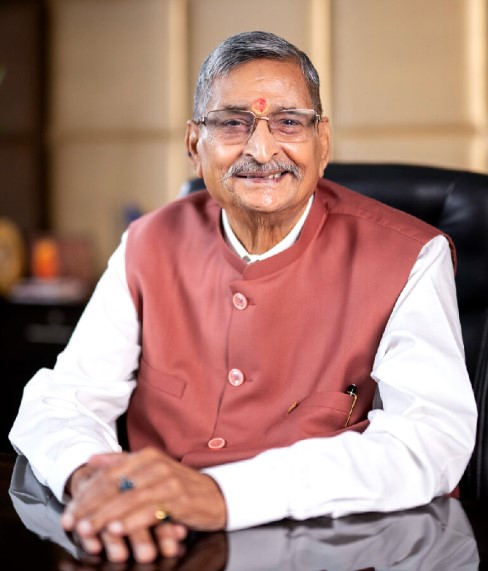
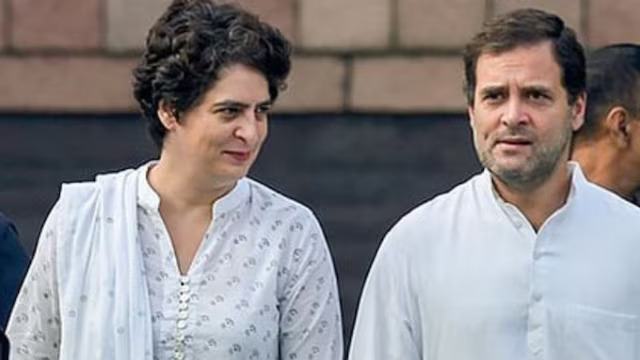

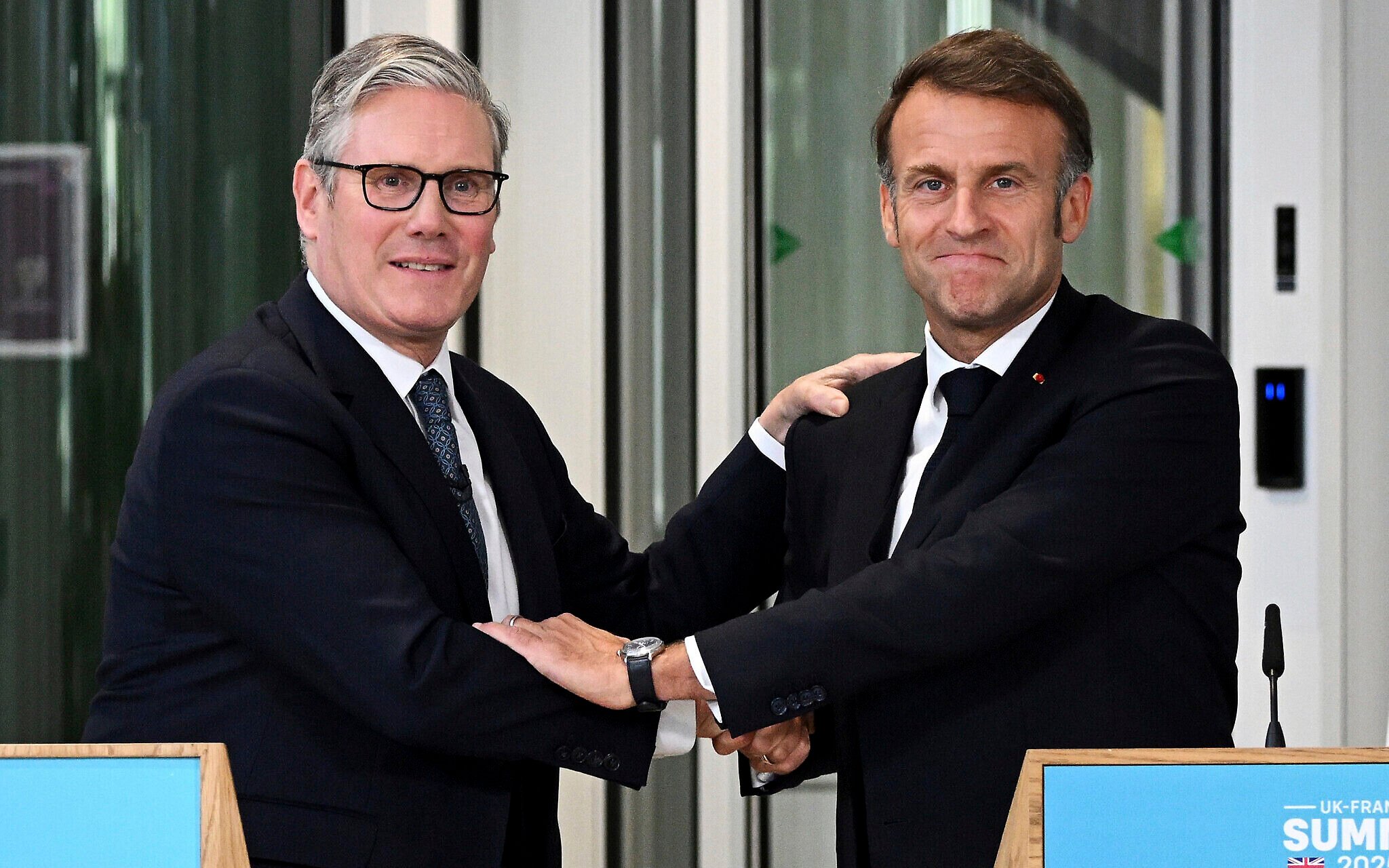


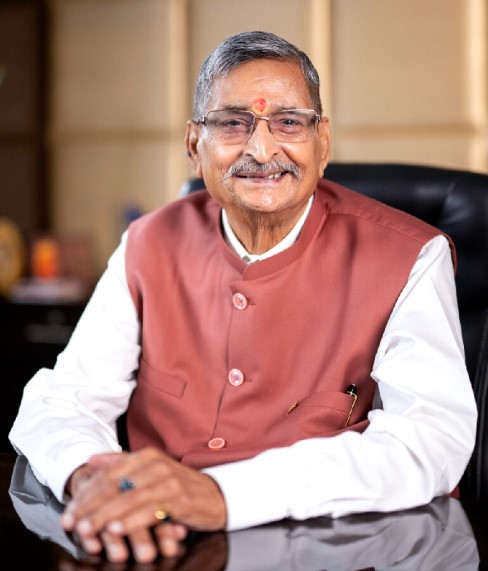
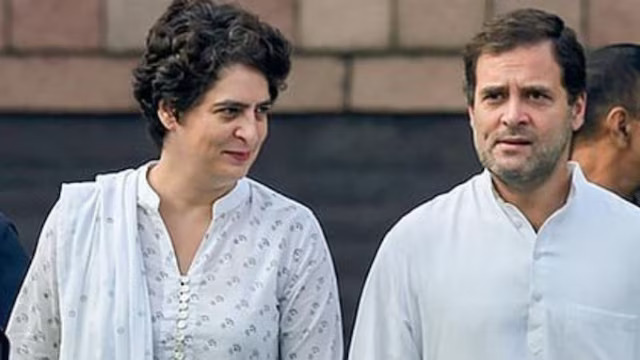

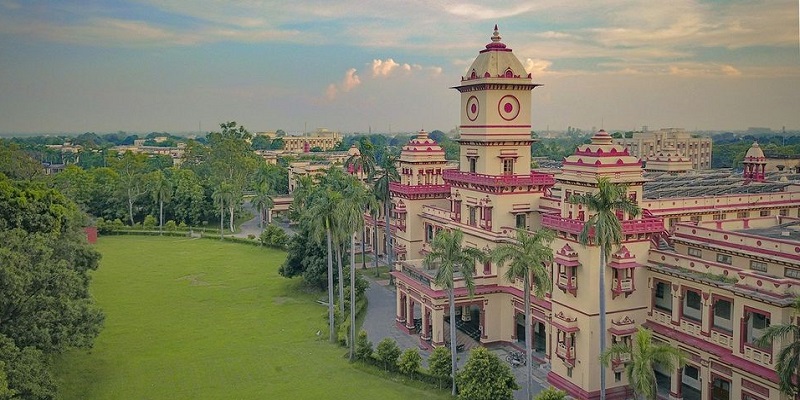
[[comment.comment_text]]